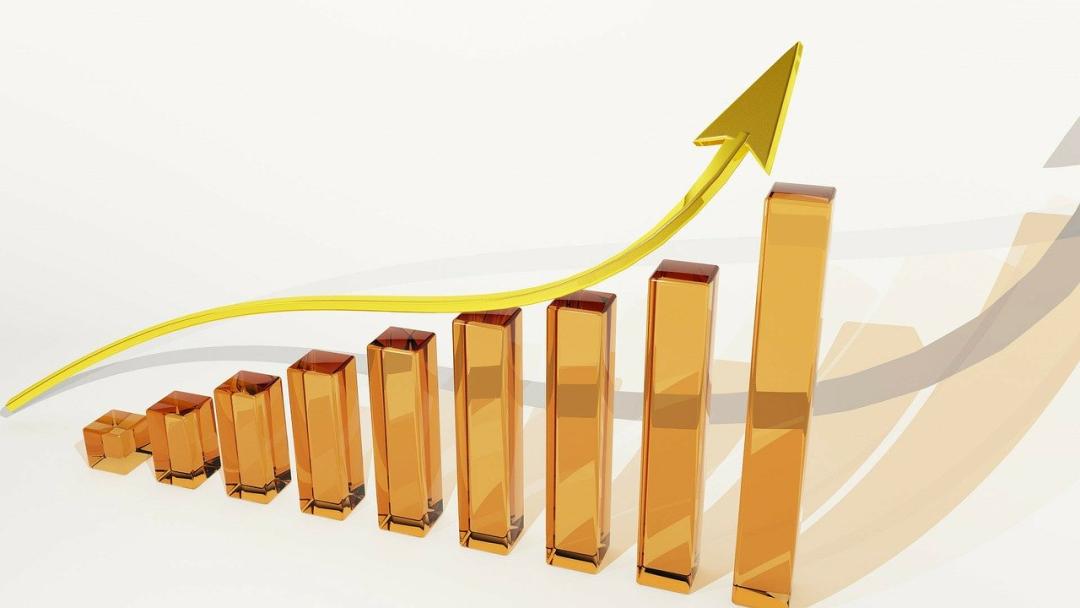
Georgia continues to demonstrate economic growth in January-November last year

Georgia's economy grew in the first eleven months of 2021 as the nation removed the bulk of the restrictions it had set to combat the coronavirus outbreak, companies reopened, and visitors cautiously returned.
The National Statistics Office reported that GDP increased by 10.7% year on year in January-November after decreasing by 5.9% in the same period the previous year. The economy grew by 12% in November alone, compared to a 7.7% decrease the previous month. Apart from construction, all sectors of the economy grew.
Georgia's tourism-dependent economy has been particularly badly impacted by the COVID crisis, and it lacks the resource extraction or manufacturing basis that has helped other ex-Soviet republics weather the storm.
The country began its economic recovery in April of last year, with a year-on-year growth rate of 44.8%. The country's economic recovery accelerated as it lifted the bulk of the limitations it had set to combat the coronavirus outbreak, albeit growth was declining since April.
In August, the nation imposed various limits in response to an increase in the number of illnesses and deaths.
Georgia increased its economic growth prediction for 2021 from 4.3% to 7.7% in July, in accordance with the International Monetary Fund's (IMF) current projection and amid signs of economic improvement.
The central bank forecasted a 10% increase in economic growth in 2021, as the country continued to show signs of recovery and increased demand following months of contraction due to limitations implemented to combat the coronavirus outbreak.
Georgia's GDP was expected to expand 7.7% in 2021 and 5.8% in 2022, according to the International Monetary Fund (IMF). The IMF warned in October that considerable risks to Georgia's economic recovery persisted, including delayed immunisation.
In June, the World Bank predicted that Georgia's economy would rebound in 2021, increasing by 6%, based on the crucial premise that there would be no new serious COVID-19 infections necessitating additional lockdowns and that the continuing political standoff would be addressed. Fiscal stimulus in the form of expedited capital expenditure, tax deferrals, accelerated VAT refunds, and targeted support for the most afflicted enterprises, as well as increased social spending, will help the economy recover.
Economic growth might return to 5.0% in 2022 and 2023 under a baseline scenario in which no third wave of illnesses occurs and a major portion of the population gets vaccinated by 2022.
Fitch Ratings updated Georgia's long-term foreign-currency Issuer Default Rating (IDR) from Negative to Stable in August and confirmed the IDR at 'BB'.
In 2022, the country expects to expand at a rate of 6%.
See Also


Armenia Records 5.9% GDP Growth in 2024, Missing 7% Goal

Yerevan Balances Strategic Ties with Both US and Russia, Says Foreign Minister

FM Mirzoyan: Peace Deal with Azerbaijan Is Within Reach

Pashinyan and Erdogan Hold Call, Reaffirm Commitment to Ongoing Dialogue

